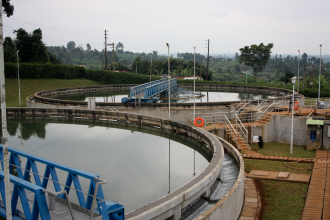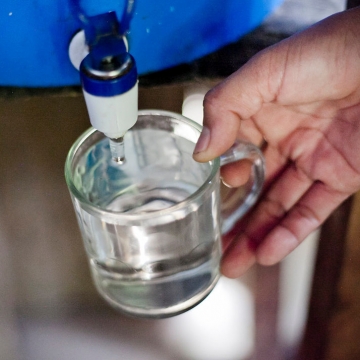We used locally-sourced and other relevant information to value ecosystem services provided by South Africa's
terrestrial, freshwater and estuarine habitats. Our preliminary estimates suggest that these are worth at least
R275 billion per annum to South Africans. Notwithstanding benefits to the rest of the world, natural systems
provide a major source of direct income to poor households, and generate significant value in the economy
through tourism and property markets, as well as providing considerable non-market benefits. Higher values





